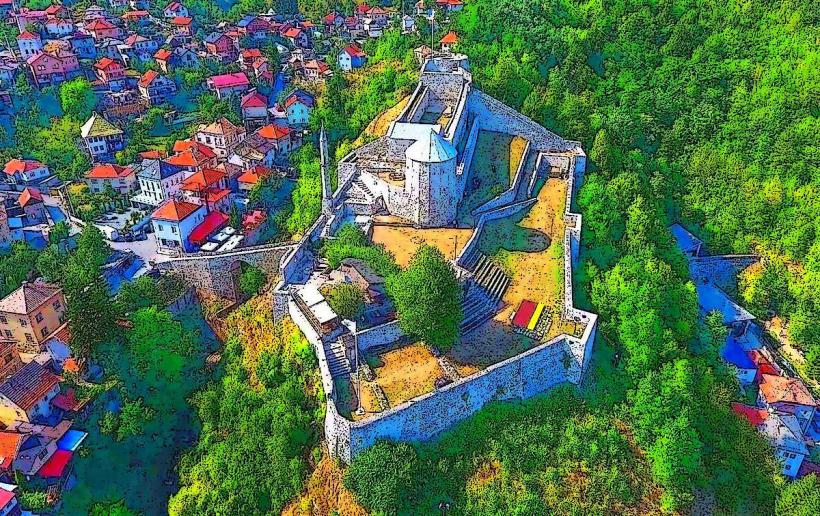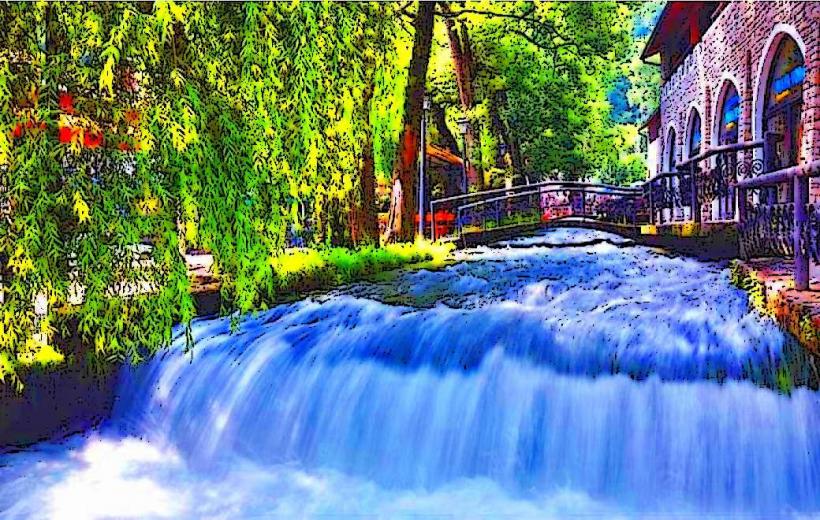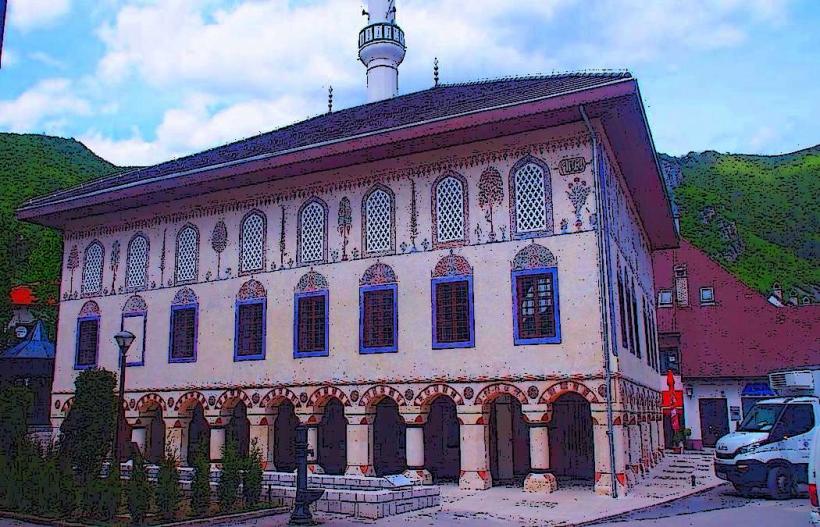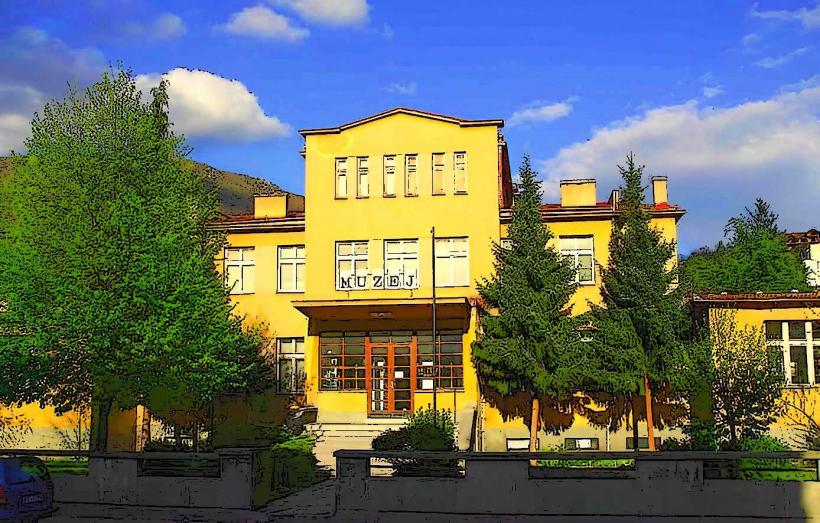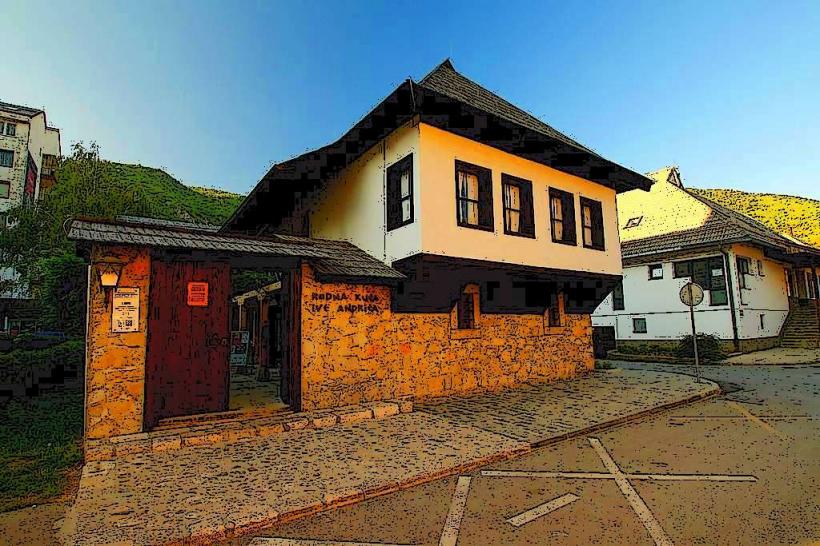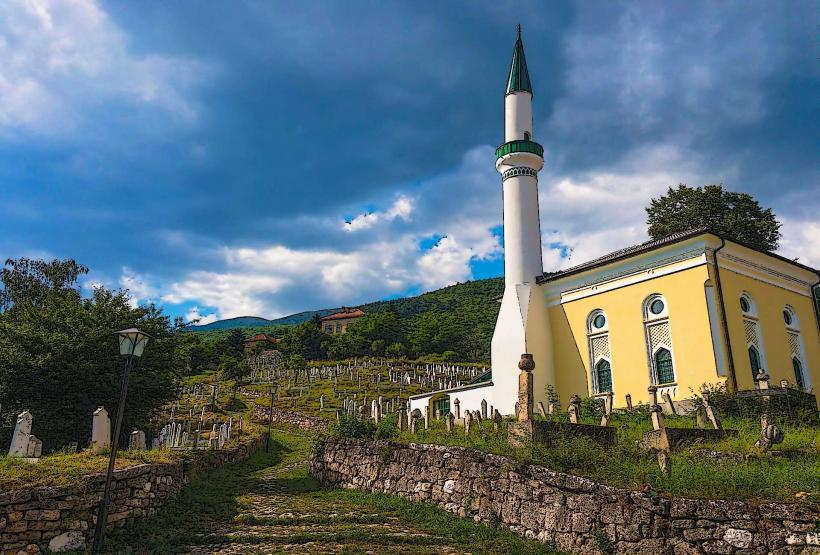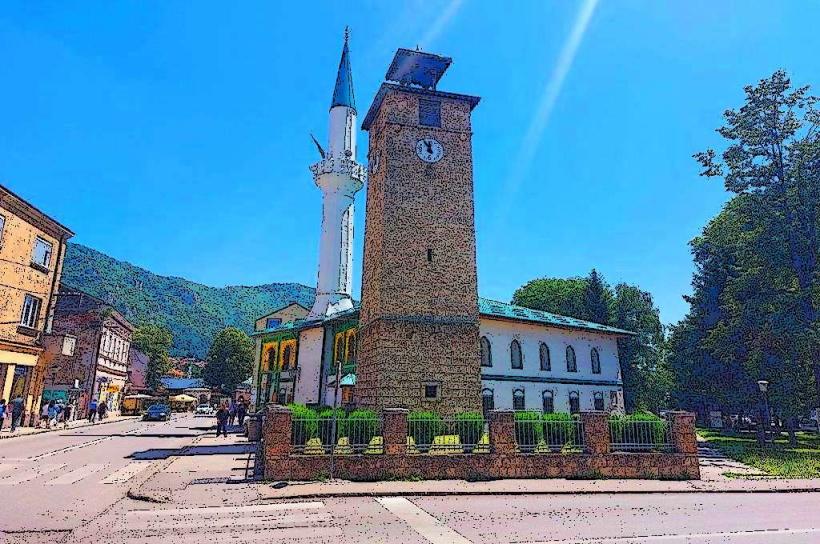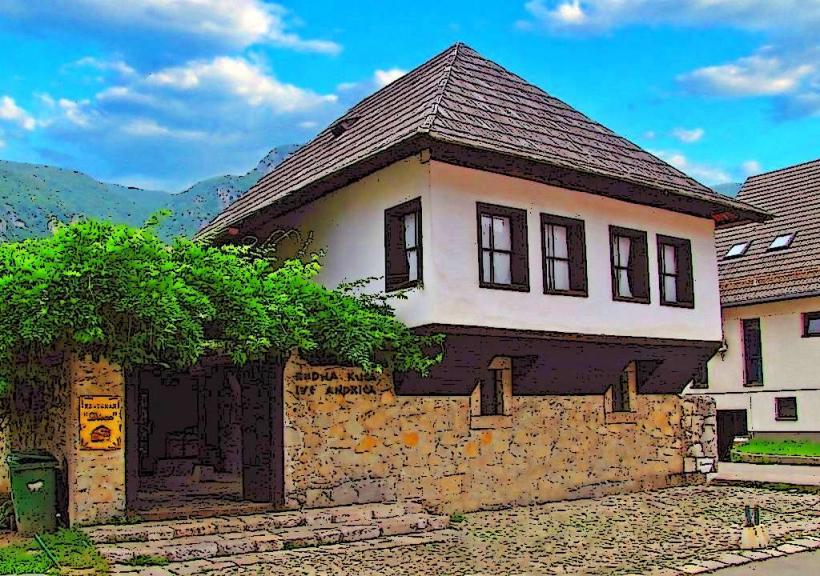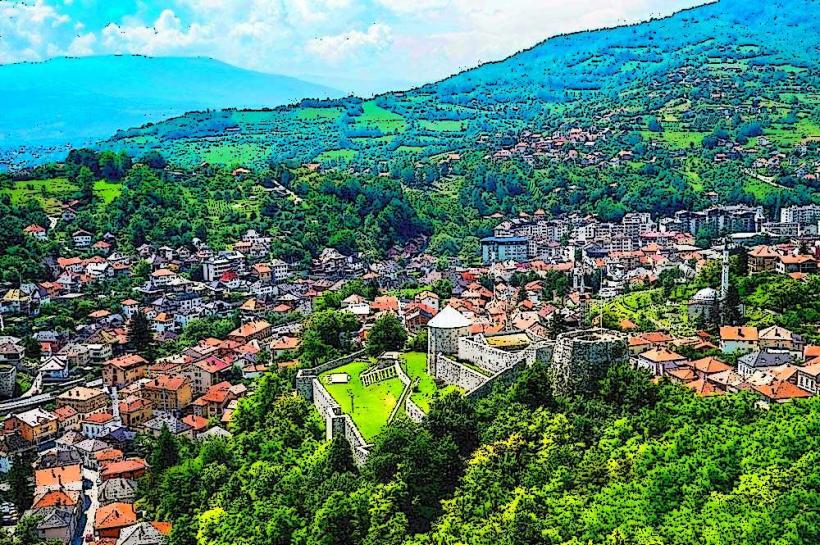Information
Landmark: Cultural Centre of European Space TechnologiesCity: Travnik
Country: Bosnia and Herzegovina
Continent: Europe
Cultural Centre of European Space Technologies, Travnik, Bosnia and Herzegovina, Europe
The Cultural Centre of European Space Technologies (KSETE) is a unique and fascinating institution located in Bosnia and Herzegovina, specifically in the town of Tuzla. The center is a pioneering cultural and educational facility that blends space exploration with art, culture, and technology, aiming to inspire both young and old to engage with science, technology, and innovation.
Overview of the Cultural Centre of European Space Technologies (KSETE)
Location:
- The Cultural Centre of European Space Technologies is located in Tuzla, a city in northeastern Bosnia and Herzegovina. Tuzla is known for its rich cultural heritage, industrial history, and proximity to the Pannonian Lakes. The center adds a modern dimension to the city's cultural landscape by promoting science, space exploration, and technological innovation.
Purpose and Vision:
- The center’s primary goal is to foster a deeper understanding of space technologies and their potential applications in everyday life. It aims to make space exploration more accessible to the public by merging scientific knowledge with cultural outreach.
- The Cultural Centre works to create educational programs that inspire creativity and innovation, focusing on the intersection of space technologies, art, and culture. This initiative is designed to engage the public in discussions about the future of space exploration, technological advancements, and their relevance to society.
Key Features and Activities
Exhibitions and Space Technology Displays:
- The Cultural Centre hosts a variety of exhibitions related to space exploration, astronomy, and European space missions. These exhibitions allow visitors to learn about the history of space travel, the latest advancements in space technology, and the role of the European Space Agency (ESA) in global space exploration.
- The center often features interactive displays, including models of satellites, space stations, and spacecraft, as well as astronomical tools and space mission artifacts. These exhibits are designed to engage visitors of all ages and backgrounds, making complex scientific concepts accessible and exciting.
Workshops and Educational Programs:
- The Cultural Centre organizes a variety of workshops aimed at students, educators, and technology enthusiasts. These workshops cover a wide range of topics, from rocket science and satellite technology to astronomy and robotics.
- Through hands-on activities and interactive learning, participants can explore the world of space technologies and gain practical knowledge about how space research influences modern technologies on Earth. Workshops may include building small models of spacecraft, using telescopes, or conducting simple space-related experiments.
Collaboration with European Space Institutions:
- The center is part of a broader European initiative to bring space-related knowledge and technologies to a wider audience. It collaborates with European Space Agencies, universities, and scientific institutions, helping to promote research and development in the field of space sciences and aerospace engineering.
- KSETE is involved in international space projects and space missions, providing a platform for researchers, scientists, and space enthusiasts to share knowledge and resources.
Cultural and Artistic Integration:
- One of the unique aspects of the Cultural Centre of European Space Technologies is its ability to merge art and technology. The center organizes art exhibitions, performances, and artistic installations inspired by space exploration and science fiction, allowing artists to create work that explores the mysteries of the universe.
- This integration of science and art offers a creative perspective on space, helping visitors see the aesthetic and philosophical dimensions of space travel and exploration.
Public Events and Conferences:
- The Cultural Centre frequently hosts conferences, lectures, and public discussions on space-related topics, featuring guest speakers from the world of aerospace technology, astronomy, and science fiction. These events are designed to bring together the scientific community, artists, and the general public for meaningful dialogues about the future of space exploration and its implications for humanity.
- The center also hosts film screenings, including documentaries about space missions and fictional films that depict space travel, fostering a sense of wonder and curiosity about the universe.
Impact on the Community and Education
Promoting Science and Innovation:
- The Cultural Centre plays a vital role in promoting STEM (Science, Technology, Engineering, and Mathematics) education in the region. By offering hands-on educational experiences related to space technologies, the center helps to cultivate the next generation of scientists, engineers, and innovators.
- It encourages young people, particularly students, to consider careers in the space industry and scientific research, giving them the opportunity to engage with space science in an accessible and exciting way.
Inspiring Future Generations:
- Through its exhibitions, workshops, and public outreach, the Cultural Centre inspires a sense of wonder about the cosmos and the possibilities of space exploration. It helps to build a connection between space science and cultural expression, allowing people to appreciate space not just as a field of technology but also as a source of artistic inspiration and human imagination.
Encouraging International Collaboration:
- The Cultural Centre of European Space Technologies fosters international cooperation by working with various space agencies and organizations across Europe. This collaboration helps strengthen the region’s position in the global space community and encourages knowledge sharing and the exchange of innovative ideas.
- The center's global network provides an opportunity for Bosnian scientists, students, and space enthusiasts to engage with international experts, share experiences, and participate in international space initiatives.
Conclusion
The Cultural Centre of European Space Technologies (KSETE) in Tuzla is a unique institution that combines the wonders of space exploration with art, culture, and education. By offering an array of exhibits, workshops, and events, it fosters a deeper understanding of space science and technology while inspiring innovation, creativity, and a sense of wonder about the universe. The center serves as an important hub for promoting STEM education, international cooperation, and the integration of space technologies into everyday life, positioning Tuzla as a key player in Europe’s space cultural landscape.

